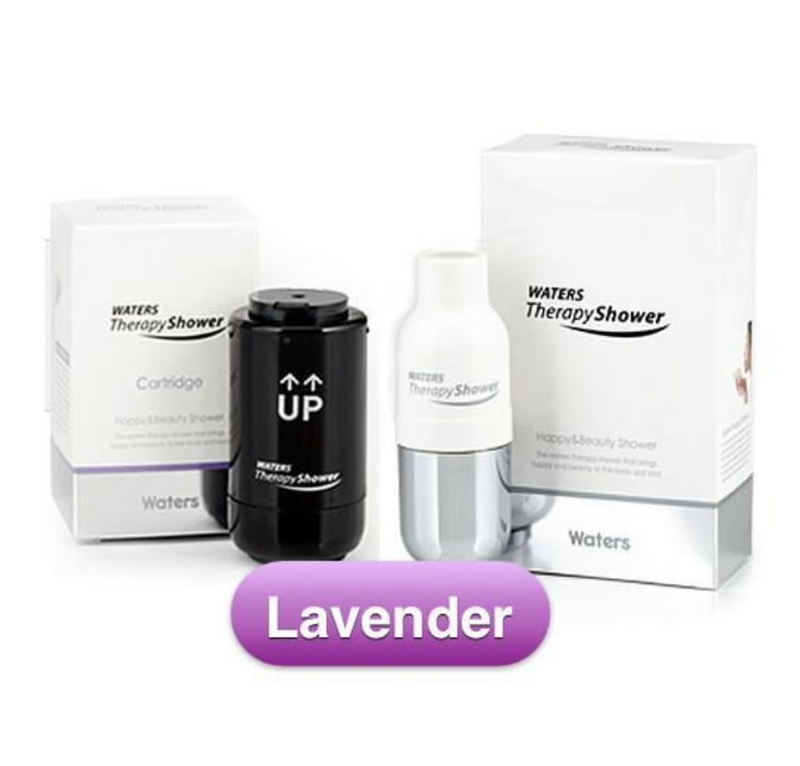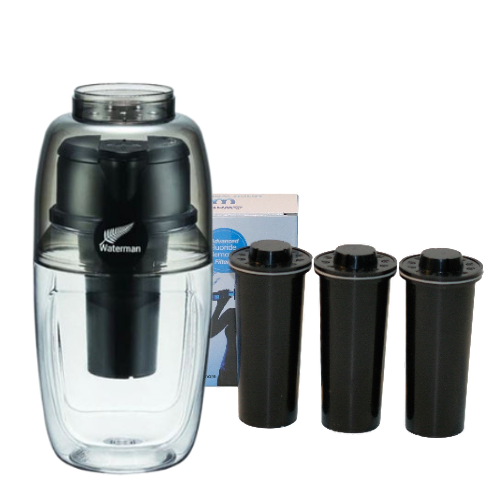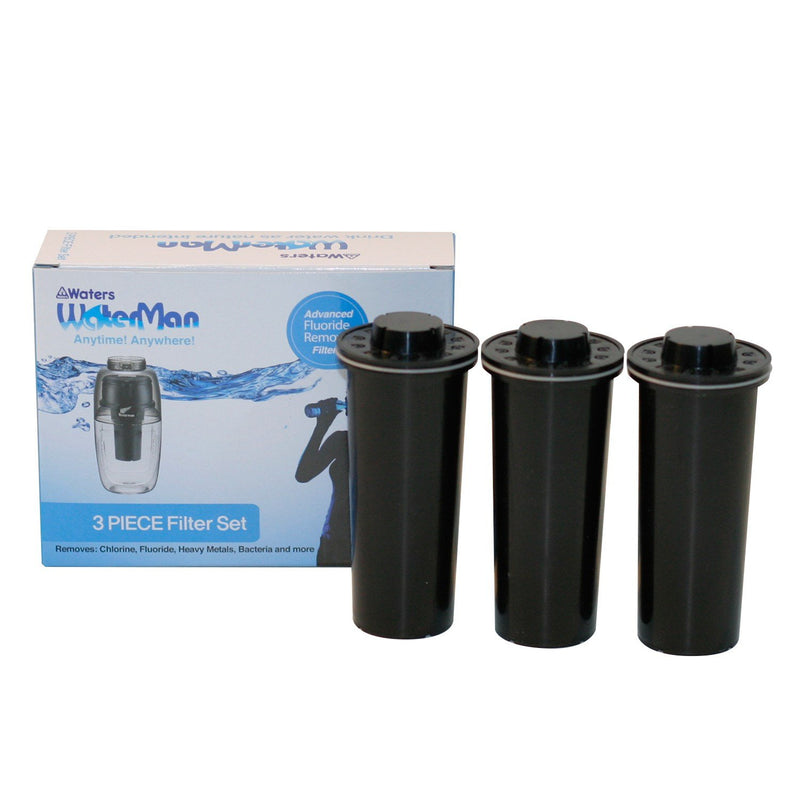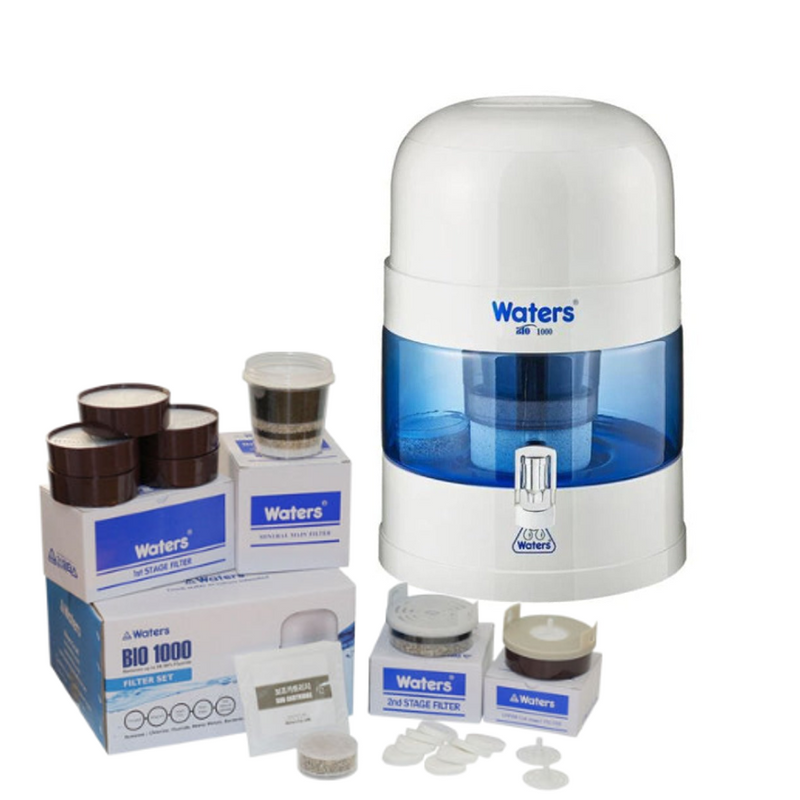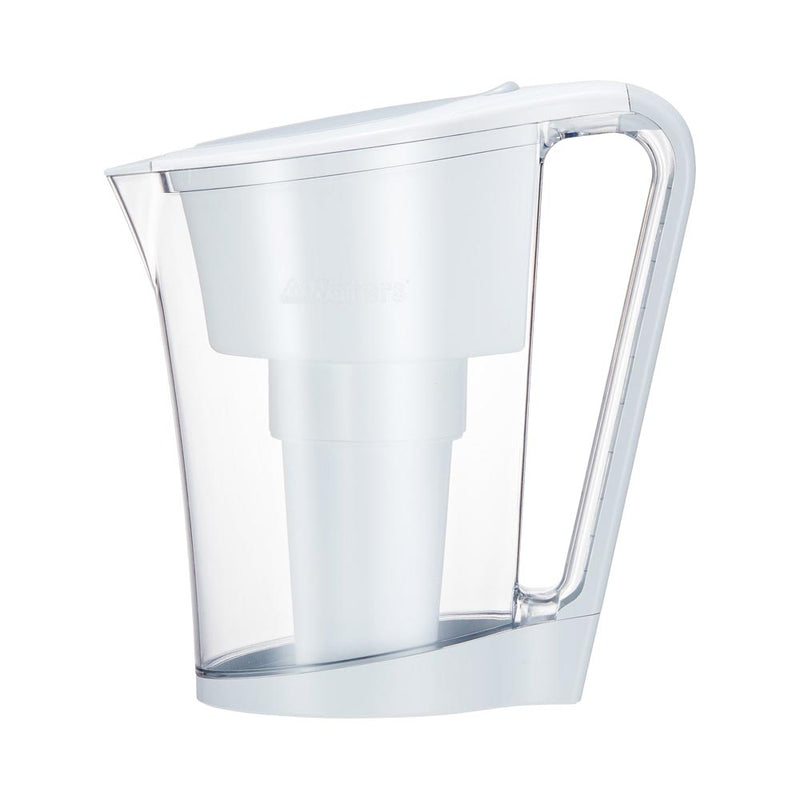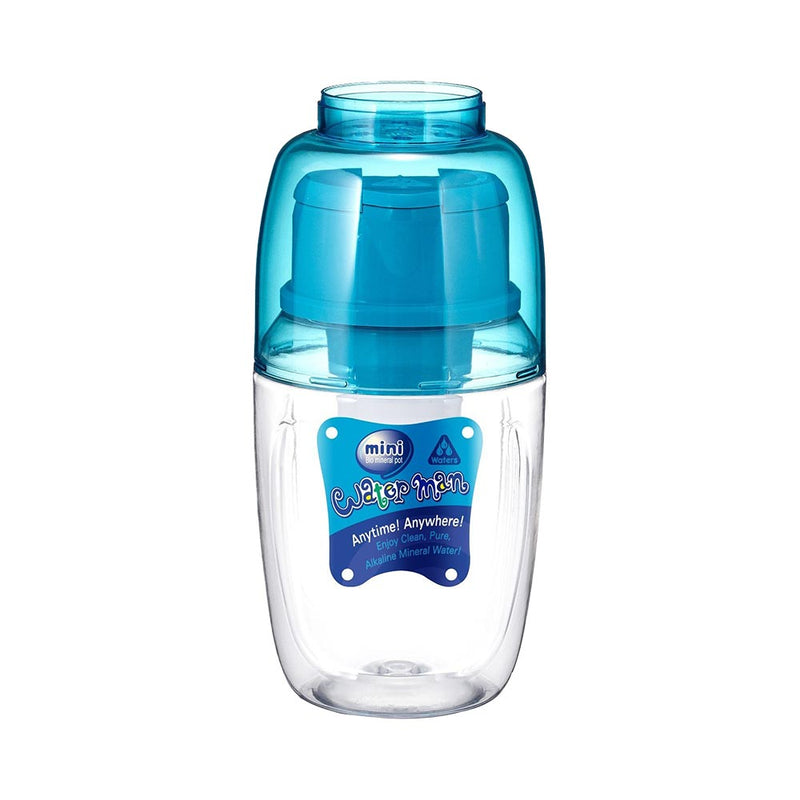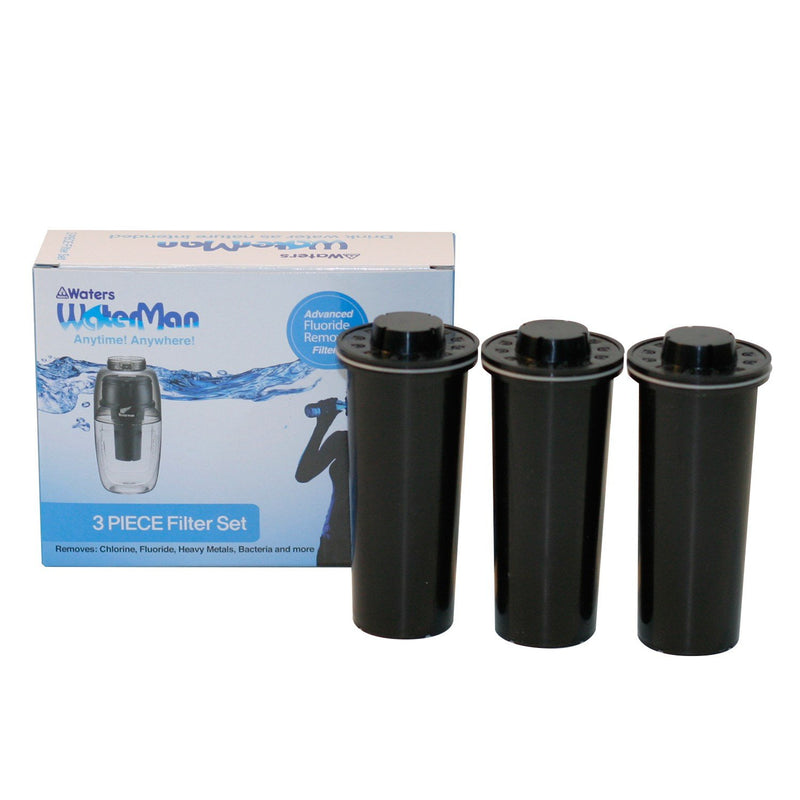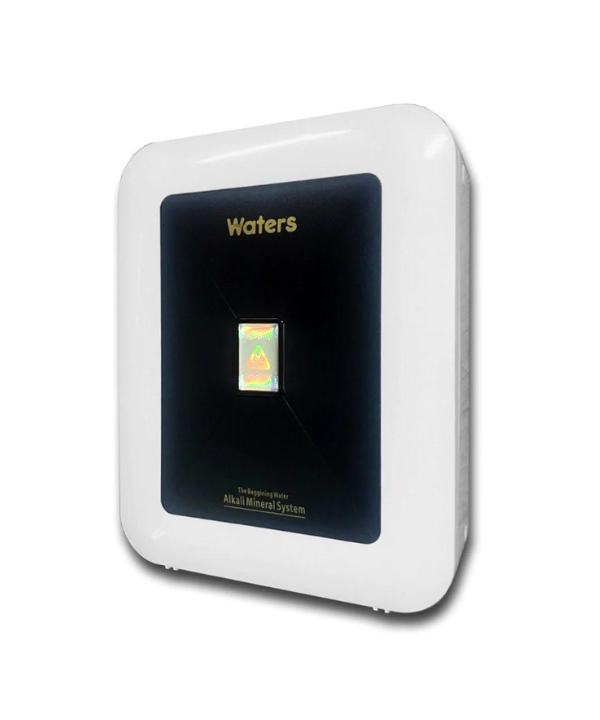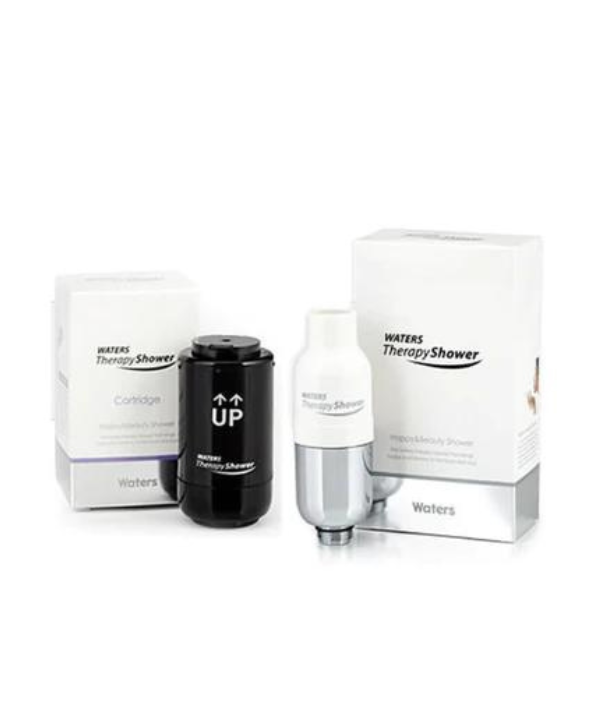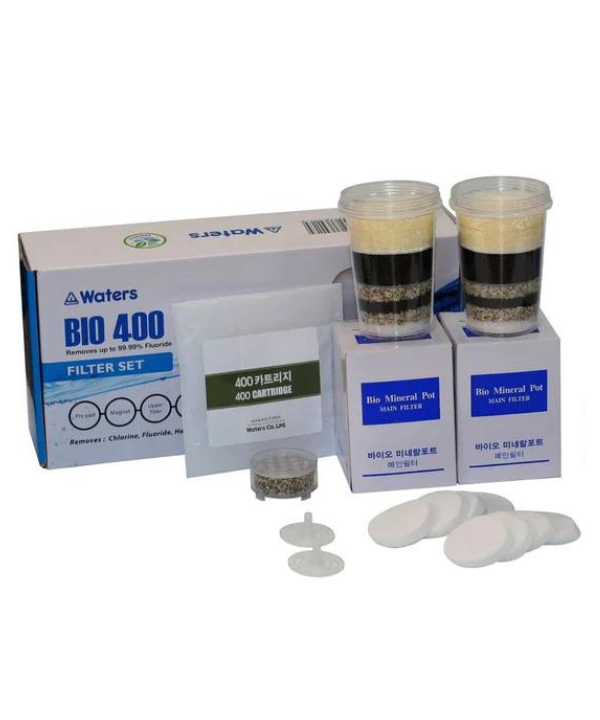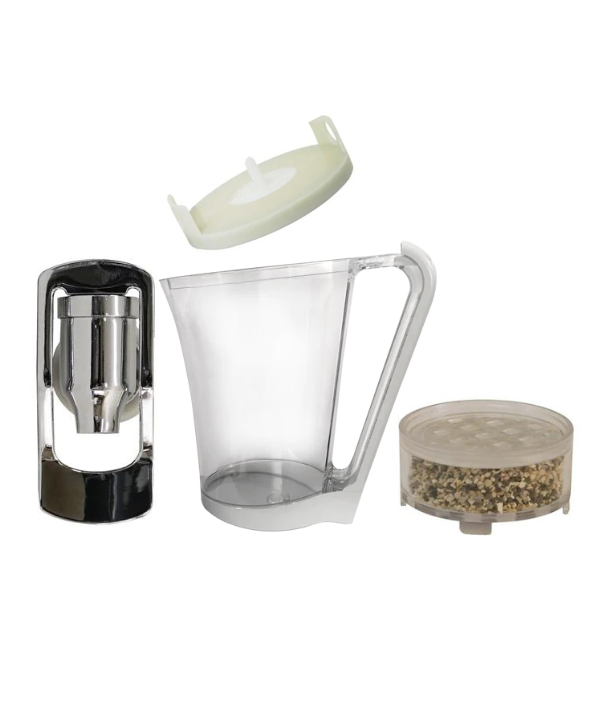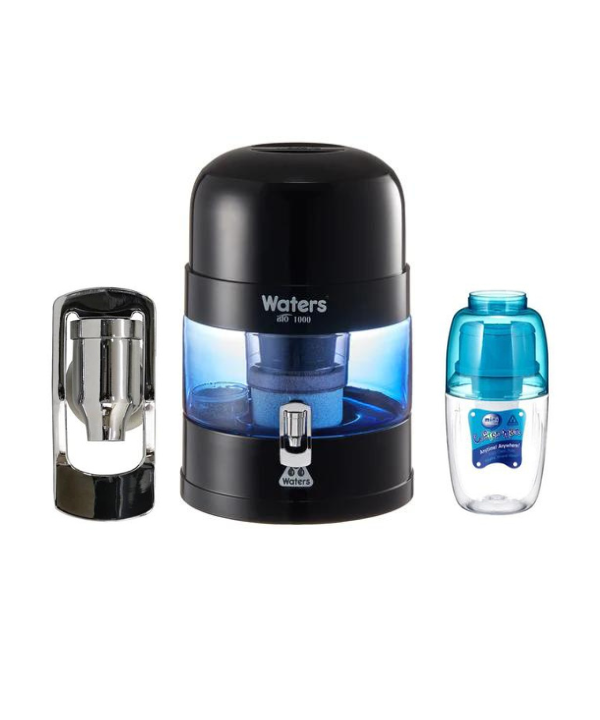Babies Ingest Millions of Microplastics From PP Bottles, Plastic Containers
Microplastics are known to contaminate the food and beverages we consume - for example, food preparation using plastic containers can lead to exposure and ingestion of very tiny plastic debris. So just how safe are plastic baby bottles and food containers?

PP feeding bottles release millions of microplastics
Polypropylene (PP) is generally considered stable and relatively safe compared to other plastics. It's less likely to leach chemicals under normal circumstances, though this can happen when PP is exposed to certain conditions like high heat.
UK scientists have found that the WHO recommended high-temperature sterilisation process and formula milk preparation can cause plastic baby bottles to release millions of microplastics and trillions of nanoplastics, between 1.3 and 16.2 million plastic microparticles per litre more specifically, over their 21-day test period

The use of hot water and the shaking motion in milk preparation produced a lot of microplastics and nanoplastics. A study from 2017 also found that 72% of tap water samples contained a certain amount of microplastics. This means micro and nanoplastics are introduced to your child's feeding bottle whenever you rinse or sterilise it with tap water.
The team estimates that the average bottle-fed baby possibly ingests around 1.6 million plastic microparticles each day for the first 12 months of life based on national average rates for breast-feeding in the UK.
The PP bottles they tested make up 82% of the global market. PP is one of the most widely used plastics in manufacturing. Preliminary tests by scientists have found that common household kettles and food containers also leached millions of microplastics per litre of liquid.
The primary concern surrounding plastic baby bottles and food containers have to do with potential endocrine disruptors (e.g. BPA) that could potentially affect your baby's health.
How microplastics affect your baby's health
Many experts believe that some of the micro and nanoplastics that get ingested through PP food containers simply pass through the digestive system and are excreted. But there is not yet enough research to help consumers and health practitioners identify the long-term effects of swallowing microplastics, nanoplastics, and plastic fibres. But precisely because the full extent of plastics' health impact is unknown, scientists say it is important to address the issue, especially where babies and small children are concerned.
How to reduce microplastics in your child's milk bottle
Experts recommend the following steps for preparing baby formula to reduce leaching:
- Prepare the milk formula in a non-plastic container with 70°C water
- Wait for the the mixture to cool at room temperature
- Transfer the prepared formula into a high-quality glass or PP infant-feeding bottle
The scientists caution against reheating prepared milk formula in plastic containers in the microwave as well as vigorously shaking the formula in the PP bottle. They also advise against using ultrasonic cleaners on PP bottles.
The most obvious alternative to PP bottles is glass bottles, so consider switching if you're concerned about microplastics in your child's milk formula. You can safely sterilise glass baby bottles at high temperatures and not worry about leaching. However, glass bottles are breakable and can be quite heavy for an infant to hold.
Another option would be to switch to cold-water sterilisation. Although steaming or boiling PP bottles in high temperatures is the internationally recommended method of sterilisation, it's possible to use a cold water sterilising solution to clean feeding bottles and accessories. As already mentioned, however, microplastics can also be present in tap water. If this is a concern, using a water purifier is your best option.

Waters Co offers a wide selection of water filters and high-quality reusable plastic bottles to give you peace of mind. Browse our store for water filter jugs, bench top filters, and more.


